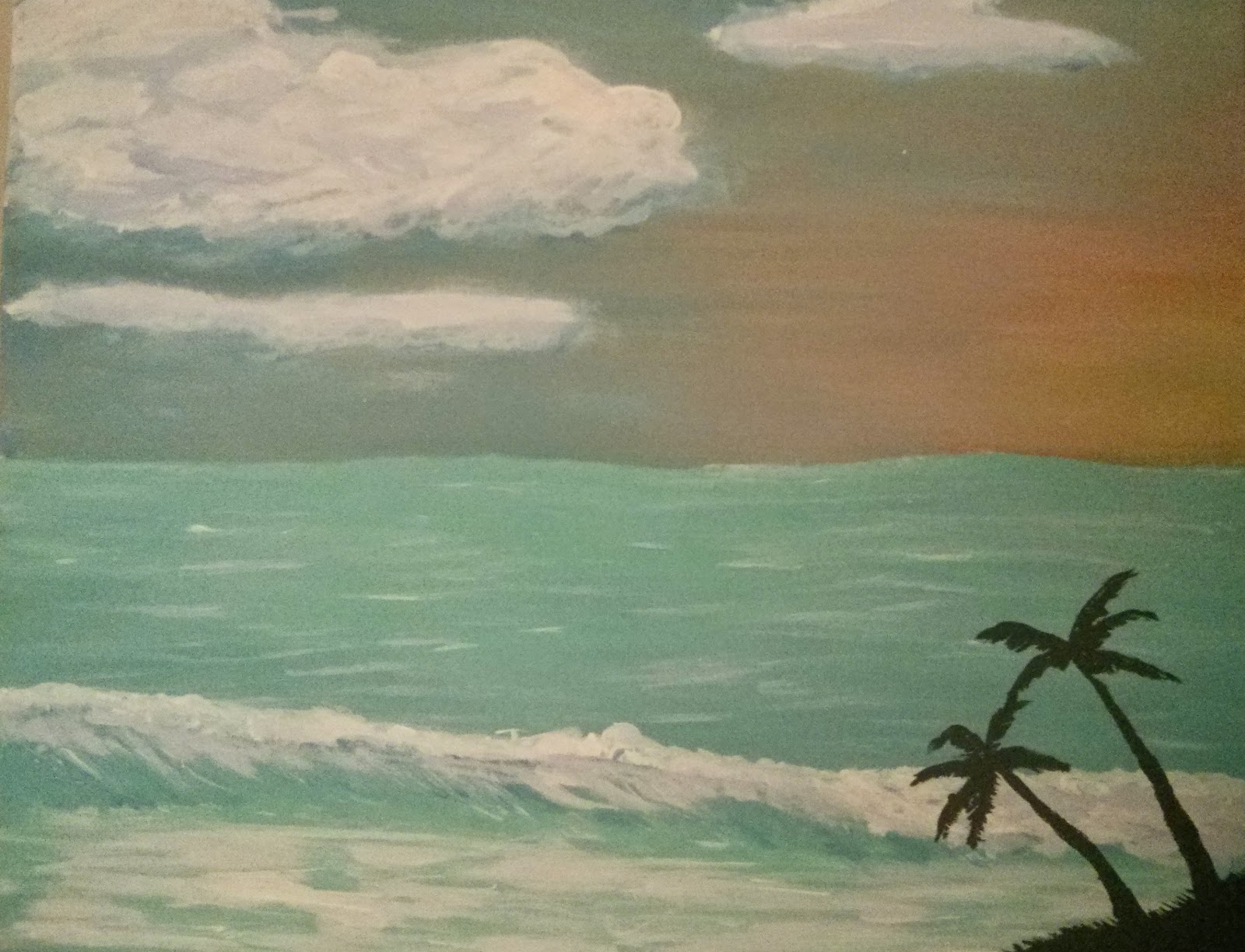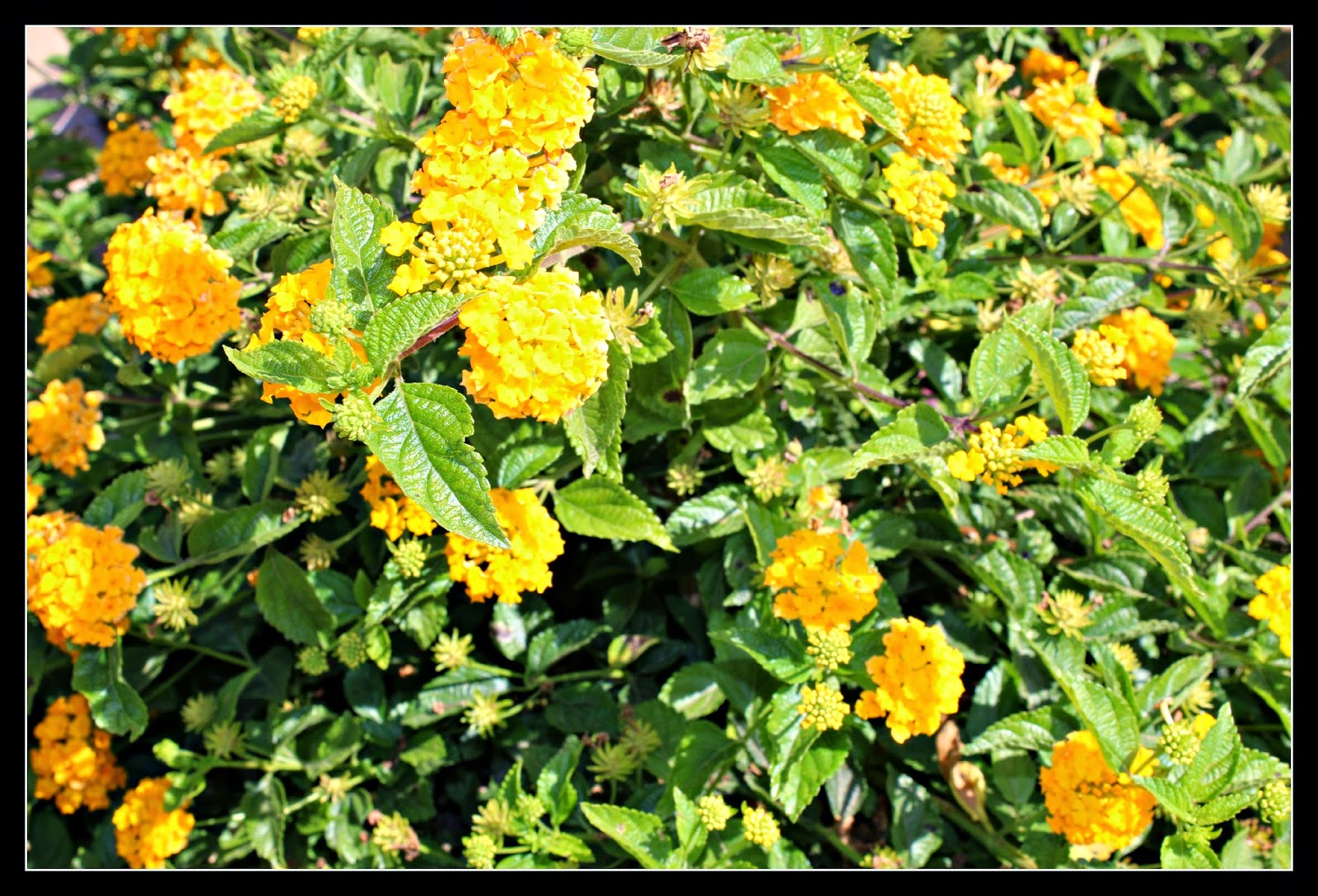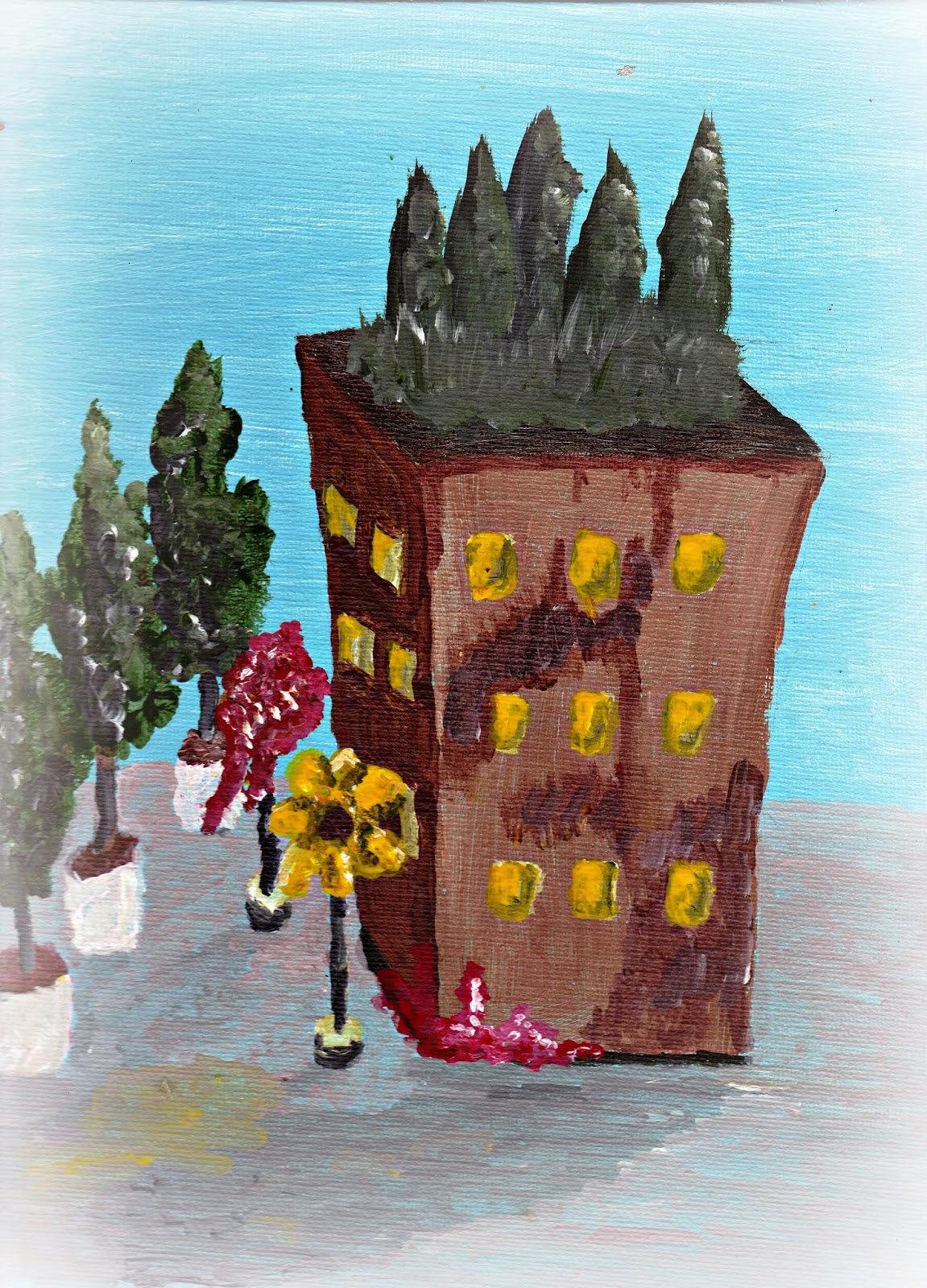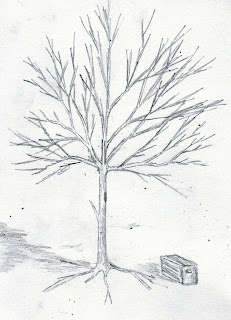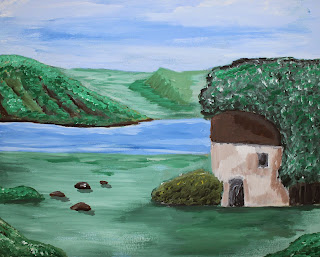 |
| A cheesy painting I did. I know...its not that good!💁 |
Generation after generation is born and transfers information from one to the next creating collective knowledge. Newer generations build off of the knowledge of the old to develop a better world for themselves. It is the same with each generation and it will continue as long as we adapt and grow. Decisions at one time and in one area have an influence on the entire organism.
People may believe they are different and the values and characteristics they hold make them better than each other. In the end we are only one generation on a path of generations. In the collective nature of our lives we are all the same. Only our thoughts, hopes, and dreams make us unique. Together they push our species forward indifferent of our petty arguments. Abundance is waiting to be drawn when we work together to solve problems.
A Cottage of a Thousand Years
Fields of green blankets,
the smell of cut grass.
A cottage of history old,
spanning the time of our lives.
A place of multiple generations,
Solid stones of time make its walls.
A warm fire glows inside,
A pot of soup in hearth.
Kitchen conversation fills the room,
like a symphony of dreams.
Fish swim in the pond,
waiting to be drawn.
Nothing changes in his land,
An hour and a thousand years are the same.
